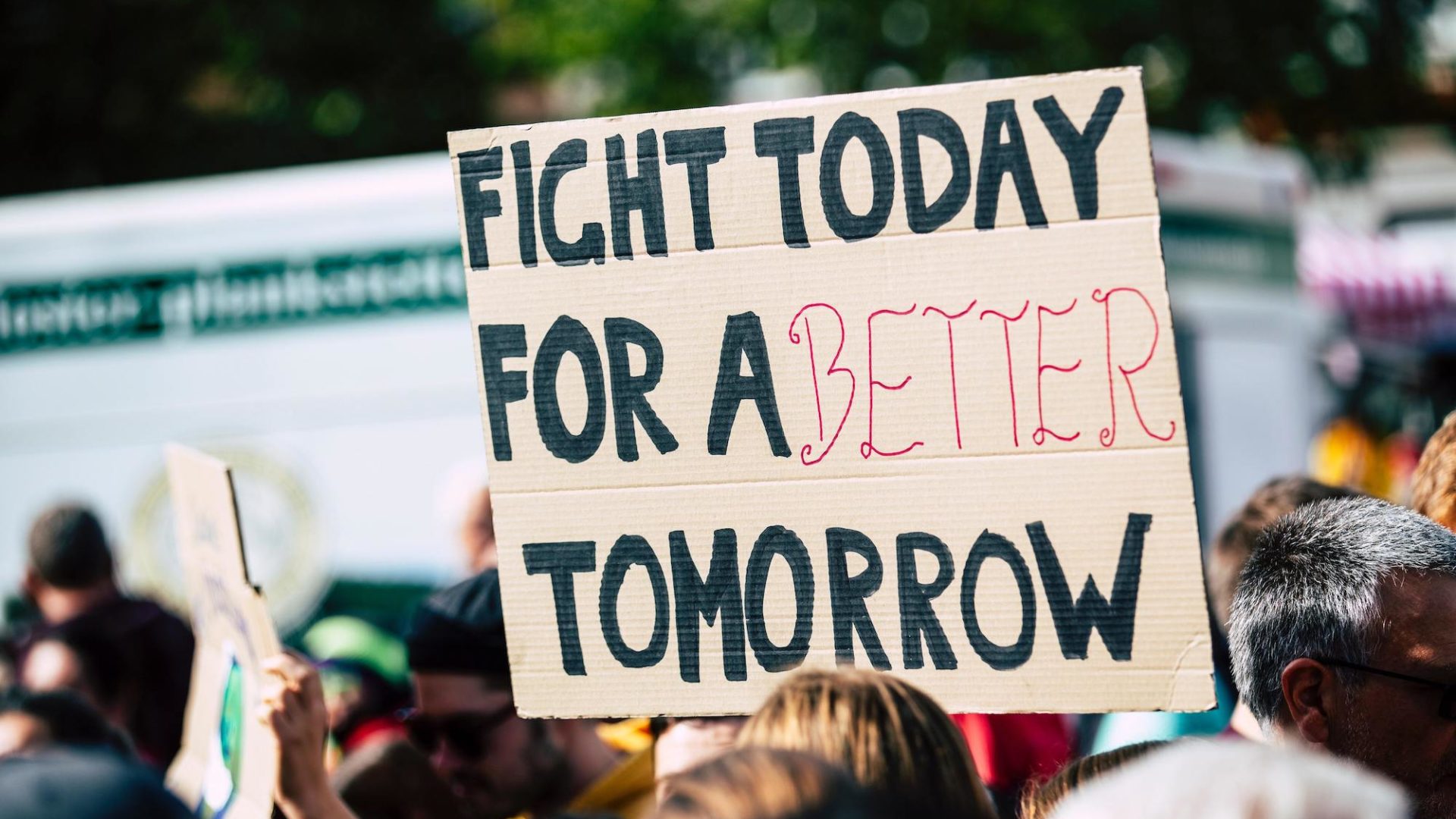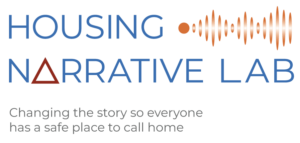Announcing the Launch of the Housing Narrative Lab


“When I was growing up in the Bronx, the prevailing narratives about people who looked like me were that we were either moochers or criminals and always outsiders,” explains Marisol Bello, Director of the newly launched Housing Narrative Lab. “These narratives hardly ever considered people like my mother and father and our neighbors and friends. Every day, I saw people who worked hard and struggled so their children and loved ones could have a safe place to call home, enough food to eat and all the things everyone needs to thrive. But their struggles and successes were not a part of the prevailing narrative. That’s why I became a storyteller and that’s why I joined the Housing Narrative Lab.”
The narratives we see and hear shape how we perceive the world. To make real, lasting policy change we have to change how people think about an issue, whether it’s who deserves the right to marry, or why people live on the streets.
Research indicates that most Americans believe everyone should have a home but don’t believe homelessness is solvable and often think it’s the result of personal issues like addiction. That prevailing narrative doesn’t reflect reality – systemic failures rooted in income disparities and racial inequality force people into homelessness.
The Lab was launched to change the current public conversation about homelessness – specifically shifting people’s understanding about who becomes homeless and why – and to create a new narrative that is grounded in research and values-based messaging.
That shift begins with understanding what stories, messages and messengers resonate best with different audiences. The Lab uses that research to create and distribute communications assets like digital ads and toolkits, grassroots and journalist education and training, accountability media coverage, and communications support to grassroots and national networks.
The Lab currently works with three key groups to build narrative power:
- Grassroots organizations who need communications assistance to counter criminalization efforts, connect homelessness with other racial and economic justice issues, and build a bigger base of support to solve homelessness in their communities.
- National organizations that have strong communications capacity but would benefit from research-informed, tested messages and narrative alignment.
- Journalists who want more diverse stories and access to diverse storytellers, as well as information about the root causes of homelessness and housing insecurity, and the proven solutions.
One of the Lab’s first projects is the launch of a grassroots communicators fellowship, which provides grassroots communications leaders – or those tasked with communications-related work for an organization or campaign – the foundation, technical expertise and confidence to advance narrative change in every facet of a group’s strategic communications, from social media posts and ads to press interviews and op eds. The goal is to elevate the stories of people who are driven into homelessness because of sky-high rents, discriminatory housing policies, and jobs that don’t pay enough to maintain a place to live – connecting homelessness and housing instability to economic and racial justice issues at the local level.
This year, the fellowship will bring together three communicators from each of the following three cities: Atlanta, GA, Los Angeles and Washington, DC, for a total of 9 fellows. Each participant organization will receive a $25,000 stipend to advance their narrative communication work.
The Lab is also launching a journalism training series that includes sessions on how to be anti-racist in homelessness coverage; research, language usage and the power of word choice in covering homelessness; and storytelling.
The Housing Narrative Lab is supported by the Melville Charitable Trust and the Conrad N. Hilton Foundation.
